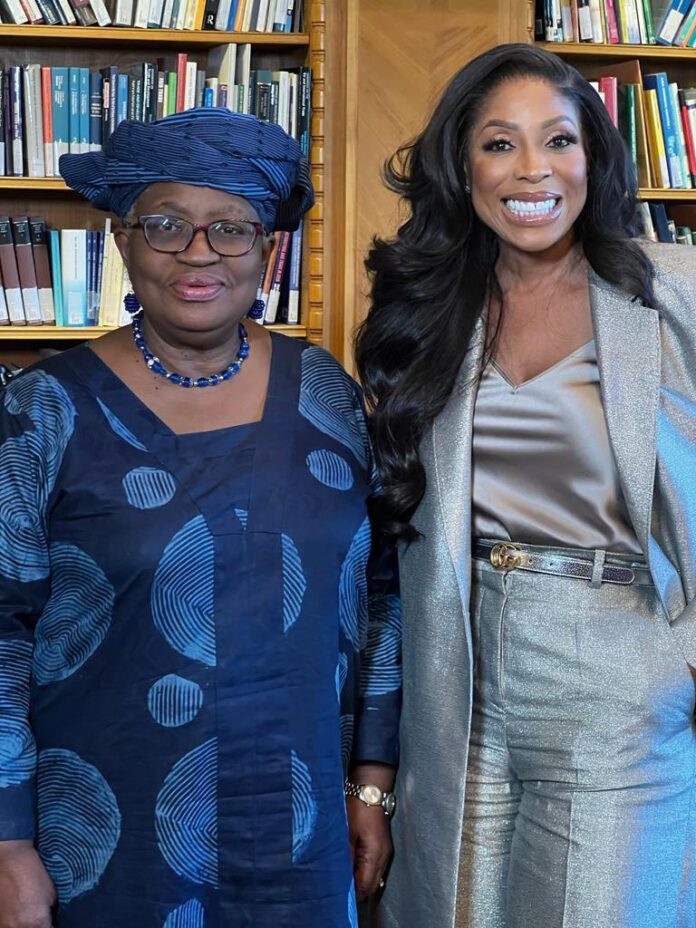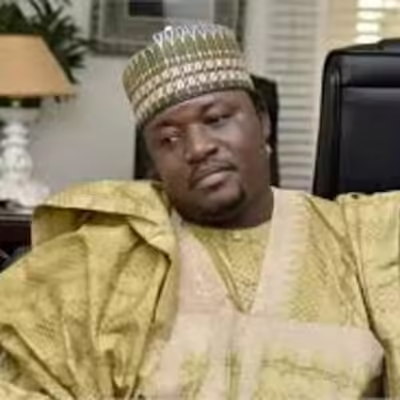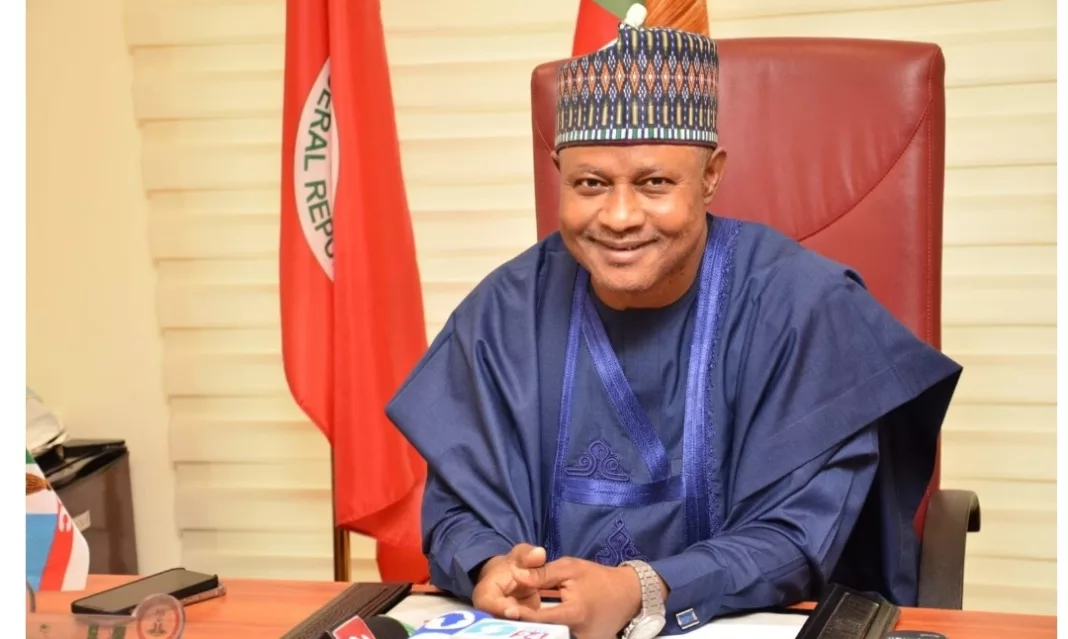LAGOS, Nigeria (CHATNEWSTV) — The World Trade Organization’s Director-General Ngozi Okonjo-Iweala and EbonyLife Group CEO Mo Abudu have been listed among Forbes’ 100 Most Powerful Women in the World for 2024.
The latest rankings place Okonjo-Iweala at No. 89, marking her eighth appearance on the list, while Abudu ranked No. 97, her fourth consecutive year.
Okonjo-Iweala, who was recently re-elected as WTO chief, continues to gain recognition for her leadership at the helm of the global trade body.
Abudu expressed her excitement over the recognition, saying, “I am deeply humbled to feature once again on the Forbes World’s 100 Most Powerful Women list. It is an incredible honor to represent the media and entertainment sector, to stand as a proud Black woman, and to fly the flag for Nigeria and Africa on this prestigious global platform.”
She extended her congratulations to her fellow honorees, adding, “A special shoutout to my dearest sister, Ngozi Okonjo-Iweala, whose unwavering brilliance and leadership inspire us all year after year.”
Representation and Breaking Barriers
Abudu emphasized the importance of representation, noting that global recognition of women of color and women from developing nations is a powerful motivator. “Seeing women from diverse backgrounds celebrated inspires others to break barriers,” she said.
Global Progress Highlighted
According to Forbes, this year’s list showcases women who are defying obstacles and driving progress worldwide. Examples cited include Malina Ngai, Group CEO of AS Watson, the world’s largest international health and beauty retailer; Melinda French Gates, who pledged $1 billion to empower women globally; and Claudia Sheinbaum, who won the Mexican presidency in June, 71 years after women gained the right to vote in the country.
“Just because a woman is not in the top 100 of the Forbes Power List does not mean she lacks influence; there are many people whose power is on the rise,” the publication noted.
A study highlighted by Forbes also revealed differences in how men and women showcase their skills on professional platforms like LinkedIn, suggesting that women, even in leadership roles, are less likely to emphasize their leadership qualities compared to men.
The recognition of Okonjo-Iweala and Abudu underscores their continued influence on the global stage and their roles as trailblazers for African women.




